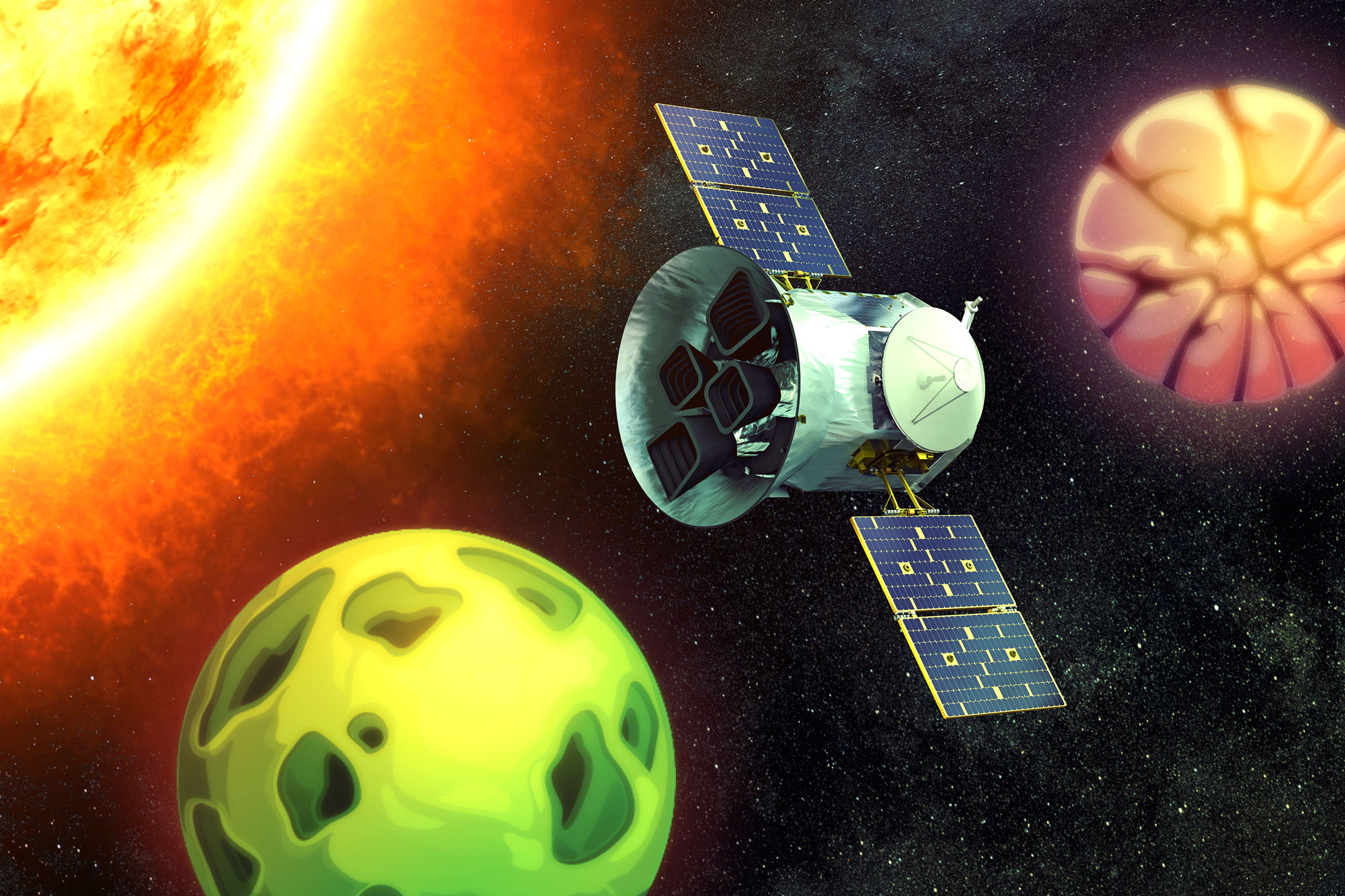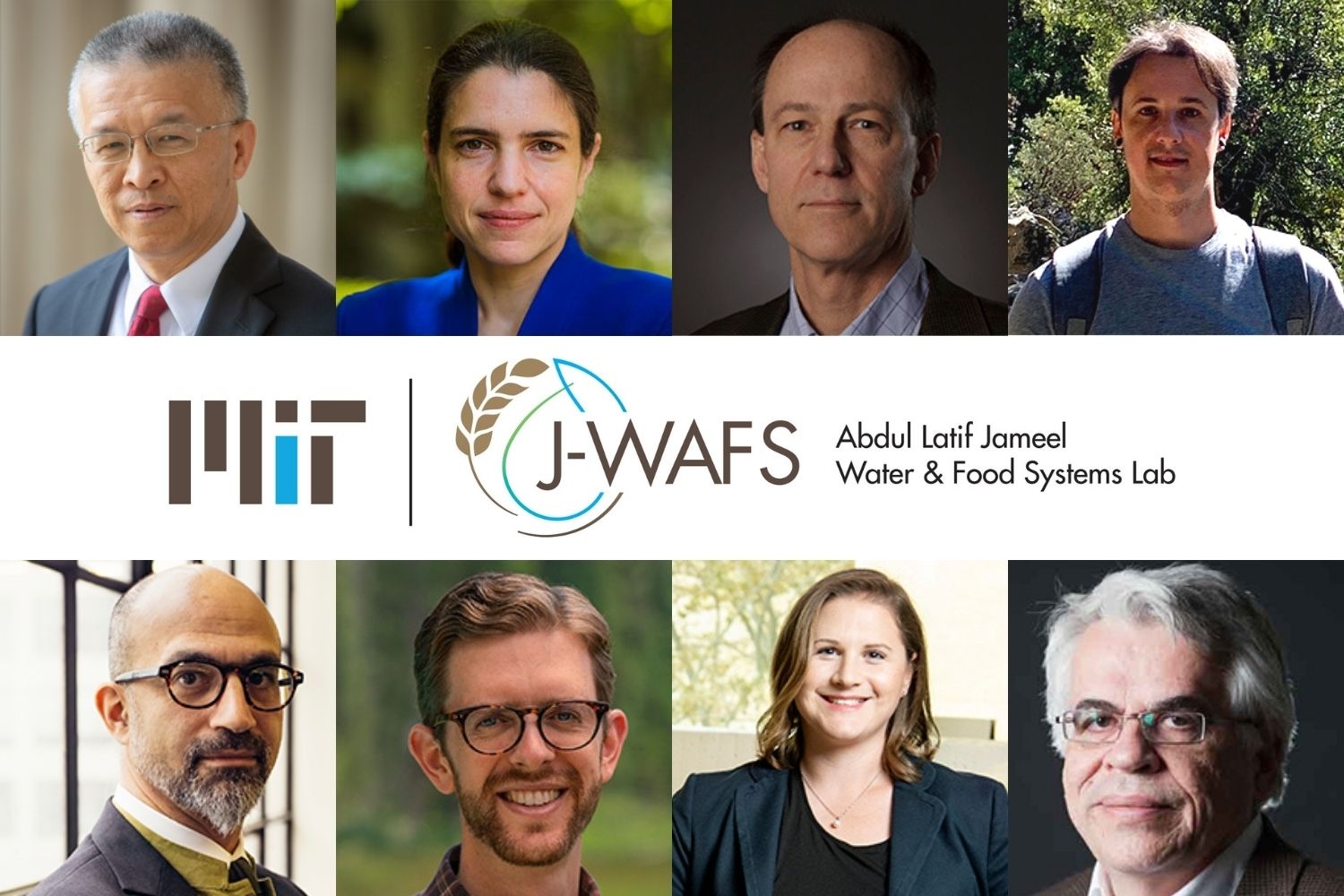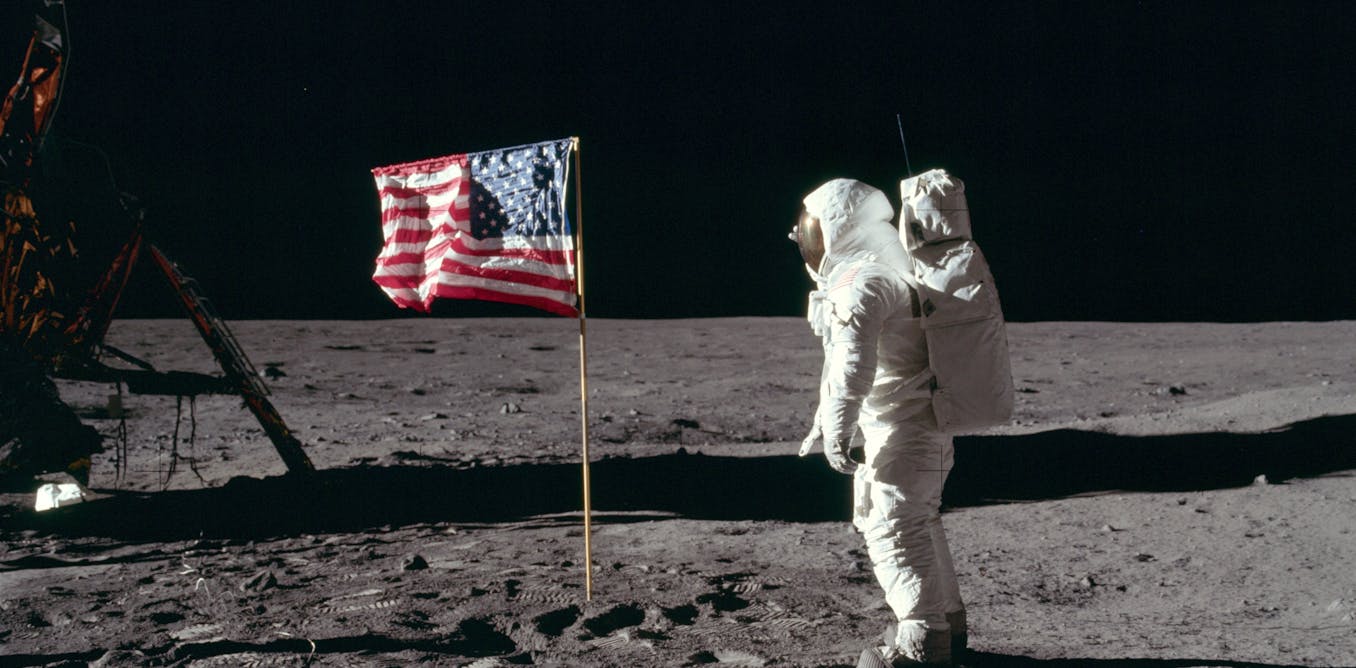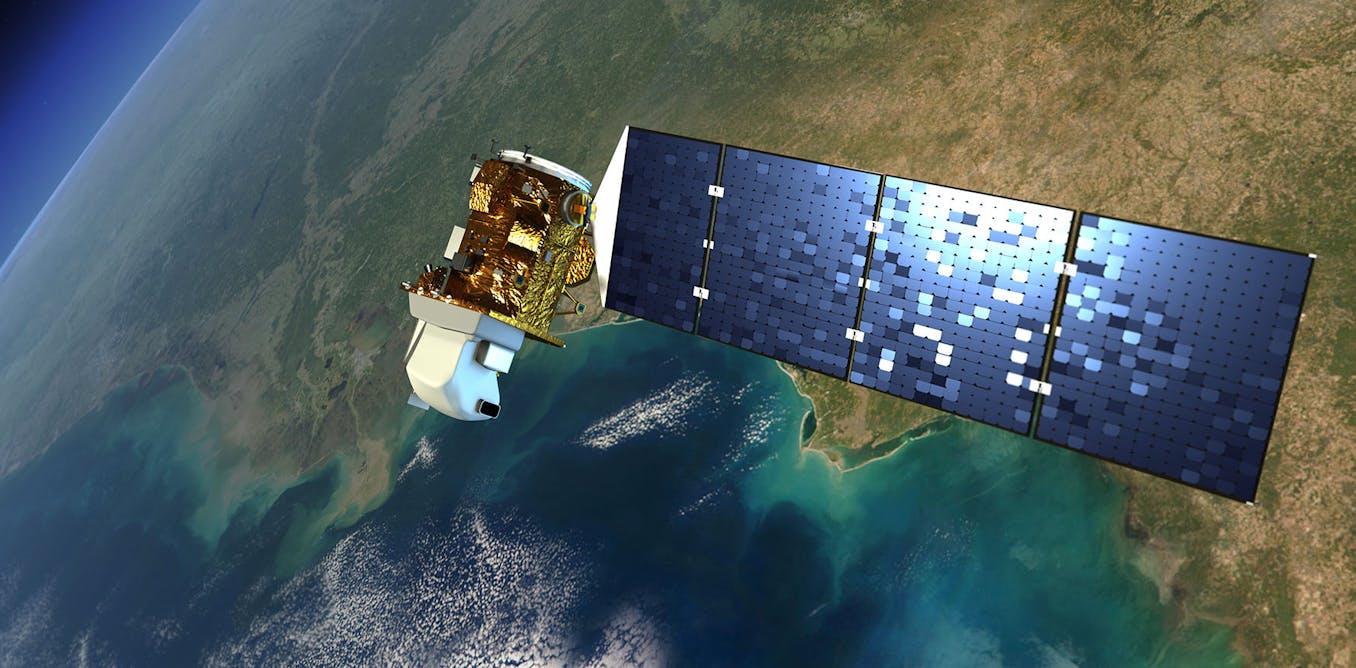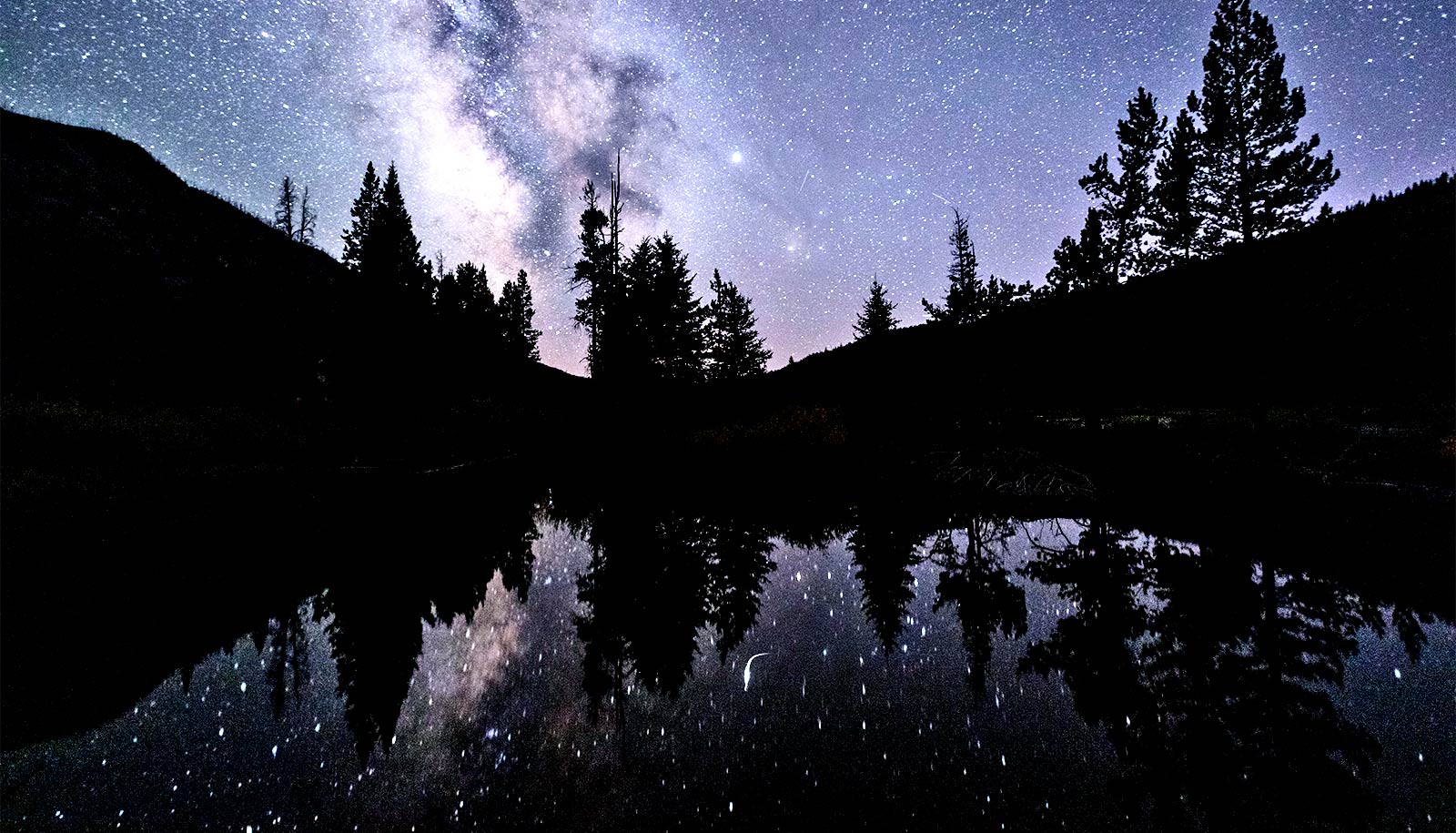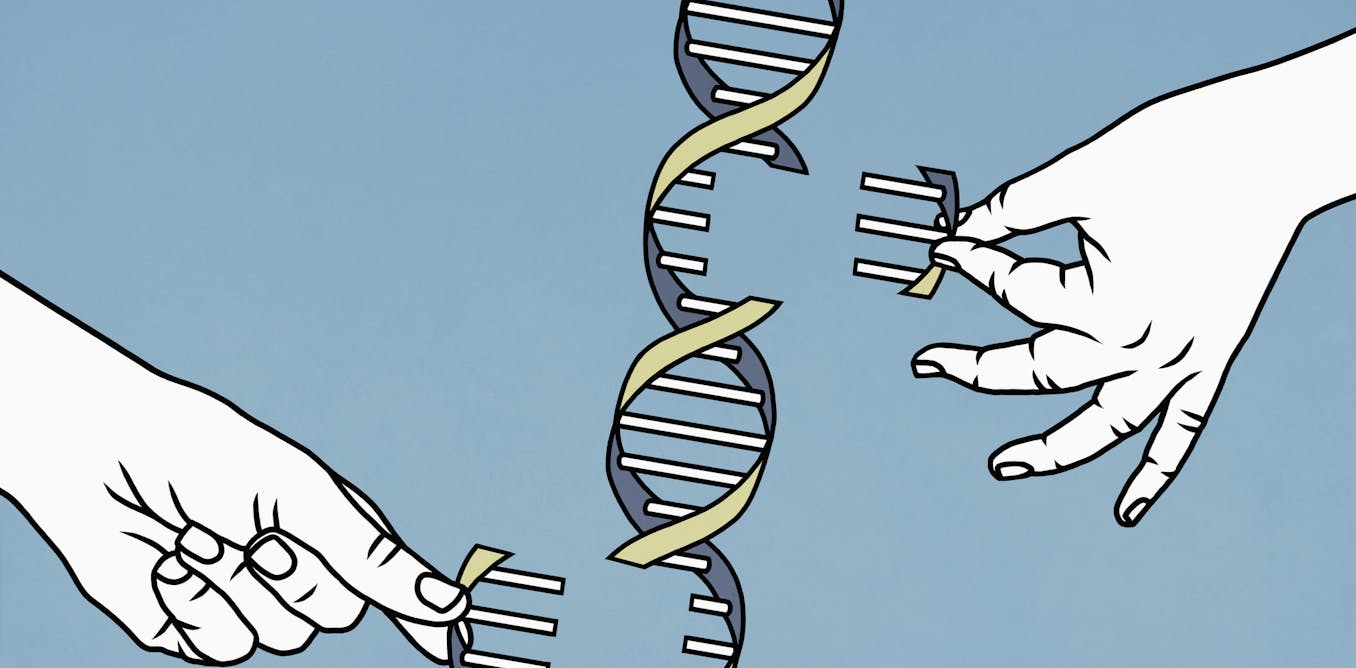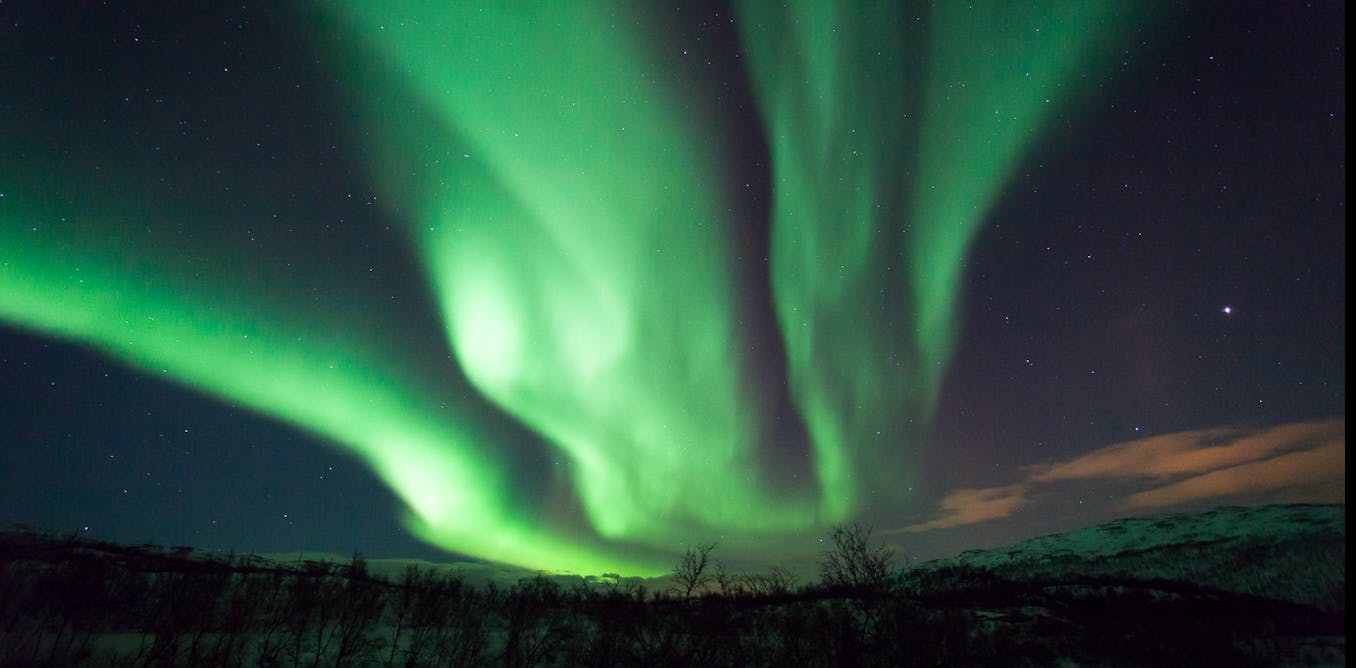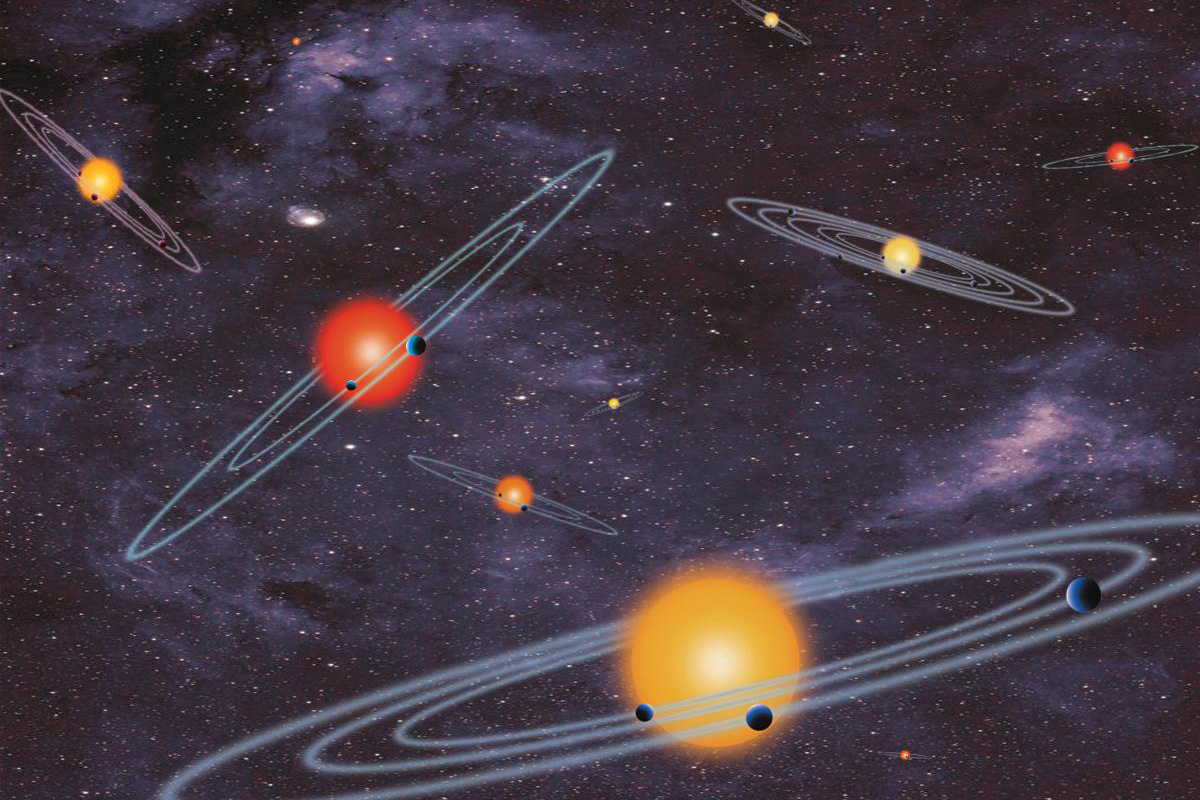Satellites zoom in on cities' hottest neighborhoods to help combat the urban heat island effect
Extreme heat waves are putting lives in danger, with some of the hottest urban neighborhoods 10 degrees hotter or more than their wealthier neighbors. Often, these are communities of color.
June 14, 2022 • ~9 min
Satellites zoom in on cities' hottest neighborhoods, some 10+ degrees hotter, to help combat the urban heat island effect
Satellites like Landsat play a crucial role in helping cities prepare and respond to extreme heat, a leading weather-related killer.
June 14, 2022 • ~9 min
Wealthy nations are carving up space and its riches – and leaving other countries behind
Current trends suggest that powerful nations are defining the rules of resource use in space and satellite access in ways that will make it hard for developing nations to ever catch up.
May 11, 2022 • ~9 min
Satellites over the Amazon capture the choking of the ‘house of God’ by the Belo Monte Dam – they can help find solutions, too
When Indigenous peoples lose their river flow to dams, satellite programs like Landsat can help them fight for their resources.
May 2, 2022 • ~9 min
The Human Genome Project pieced together only 92% of the DNA – now scientists have finally filled in the remaining 8%
Advances in technology have enabled researchers to sequence the large regions of repetitive DNA that eluded the Human Genome Project.
March 31, 2022 • ~10 min
A large solar storm could knock out the power grid and the internet – an electrical engineer explains how
Every few centuries the sun blasts the Earth with a huge amount of high-energy particles. If it were to happen today, it would wreak havoc on technology.
March 18, 2022 • ~9 min
/
22

